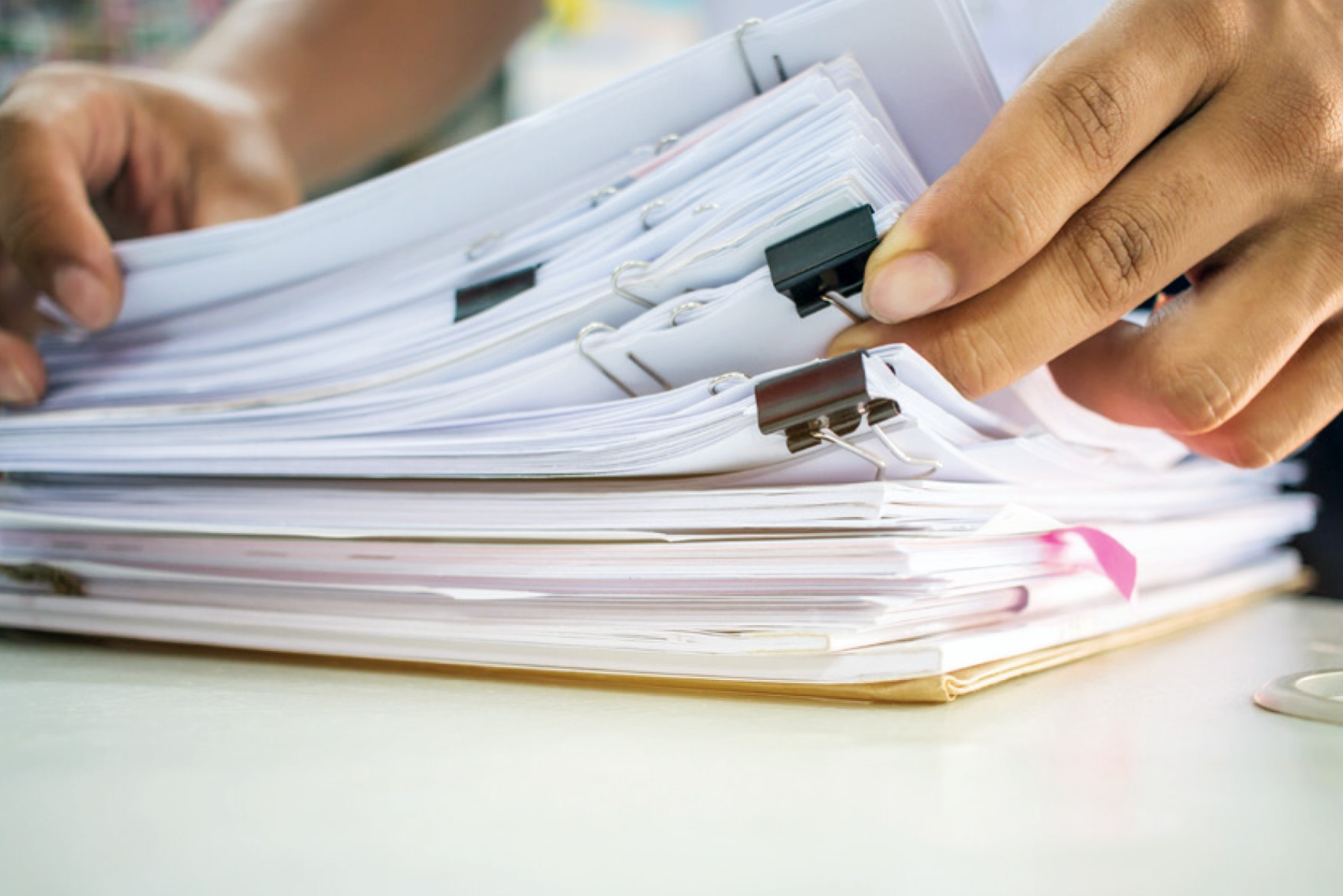———————————————
International trade today opens up great opportunities for business. In particular, China is considered the largest exporter in the world – it is from there that many companies purchase goods for resale or production. But for everything to go successfully without delays and unnecessary costs, it is necessary to prepare the documents correctly. Specialists of the logistics company Dragon Logistics, which has many years of experience in international transportation, confidently state that without properly prepared documents, no cargo will move.
When exporting goods, it is important to know what documents are required and how to properly prepare them. This will avoid delays, confusion and fines.
Why are documents needed for export
Documents for exporting goods are not a formality, but a mandatory part of international trade. They confirm the legality of the transaction, describe the cargo, its cost, transportation conditions and origin. Without properly prepared documentation, the cargo will not be allowed through customs, may be detained or even returned.
The main documents include: commercial invoice, packing list, contract, transport documents, export declaration. They are required in most cases. Additional documents include: quality certificates, origin, insurance policy, phytosanitary or veterinary certificates, licenses. The need for their preparation depends on the type of goods or the recipient country.
Usually, the supplier is responsible for preparing most documents (especially the invoice, packing list, certificates), but some papers are prepared jointly or with the participation of the buyer (insurance, permit documentation). To avoid misunderstandings, it is worth clearly specifying at the stage of signing the contract who is responsible for what, what documents are required and by what date they must be ready.
Detailed overview of the main documents
One of the main documents is a commercial invoice. In essence, it is an invoice that contains detailed information about the cargo, the seller and the buyer. The invoice is needed for customs clearance, accounting, and also for banking transactions. It contains the following data: name, contact details of the seller and buyer, description of the goods (name, quantity, unit of measurement), cost of each item and total amount, terms of delivery, country of origin of the goods, date and invoice number.
Also included in the main documents are:
- packing list – a document that details how the cargo is packaged. It is used to verify the actual quantity of the cargo at the time of shipment, as well as for customs. It usually contains box or pallet numbers, dimensions and weight of each packaging unit, contents of each box without packaging, total gross and net weight;
- supply contract – a formal agreement between the buyer and the supplier. The contract spells out all the key terms of the agreement, including quantity, prices, terms, payment terms, responsibilities of the parties. The contract is often requested by banking institutions, and customs authorities may also refer to it in the event of an inspection;
- transport documents – depending on the type of transport used to transport the products, the carrier issues a certain document that will be necessary to receive the cargo. This can be, for example, a sea bill of lading, which confirms the ownership of the cargo and the fact of its loading onto the vessel, or an air waybill, and if the cargo is delivered by plane, a freight bill is required for road transportation.
An expert declaration is also an important document. To export goods from China or another country, you need to go through customs clearance for export. Usually, this is done by a freight forwarder or customs broker. For this, an expert declaration is prepared, which indicates information about the goods, cost, recipient, customs codes. Without a declaration, it is impossible to officially export the products.
Additional documents
Among the additional documents that may be required in certain cases, it should be noted:
- certificate of origin – a document confirming the country in which the goods were manufactured. It may be mandatory for certain product categories or if there are special requirements for import into a certain country. The certificate can be either formal or in the form of a declaration itself;
- quality, safety or conformity certificates – documents confirming the quality of the product or safety, issued depending on the type of product. For example, if the product is electrical or electronic, a certificate of conformity to standards is issued. For products of plant origin, a phytosanitary certificate is required. If we are talking about products of animal origin, a veterinary certificate is required, and for chemicals and pharmaceutical products – a certificate of analysis. Such documents are usually provided by manufacturers or accredited laboratories. They are required not only for export, but also for import into the recipient country;
- insurance policy – required if the terms of delivery provide for insurance. The policy can include the full cost of the cargo, transportation costs, and certain risks. The policy ensures is that the goods are insured during transportation, and in case of damage or loss, compensation can be obtained;
- licenses or permits – some categories of goods require special permits for export. These include, for example, dual-use goods, technologies that can be used in the military sector, some types of medical equipment.
A properly prepared package of documents is the key to unhindered customs clearance, timely transportation and protection of the client’s rights in case of disputes. The logistics company Dragon Logistics pays special attention to documentary support in order to prevent delays, additional costs or even confiscation of goods.
